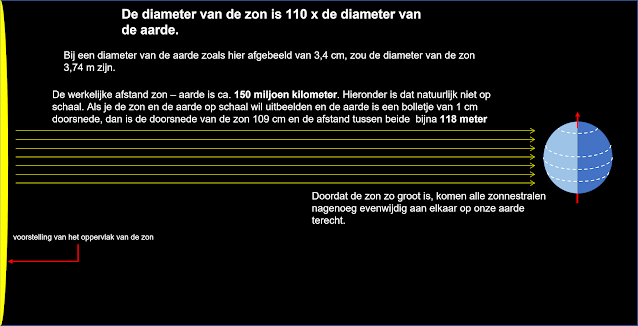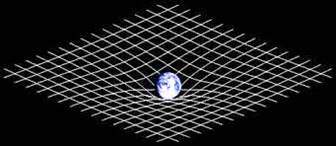De maan staat in de winter hoger aan de hemel dan in de zomer

Daar had ik nog niet eerder bij stilgestaan, maar het klopt. 'Zie de maan schijnt door de bomen' aan het begin van december lukt alléén als je je vrij dicht bij bomen bevindt, anders schijnt de maan óver de bomen heen. Ik vertel wel eens meer verhaaltjes over wat er buiten onze dampkring allemaal gebeurt en wat we van binnen de dampkring kunnen waarnemen. In dat opzicht zijn de Hubble Space Telescope en de James Webb Space Telescope enorm waardevol, want ze kunnen voor ons zichtbaar maken wat we met het blote oog of een kleine hobbytelescoop onmogelijk kunnen zien. Wanneer ik me in zo'n gesprek dan laat ontvallen dat de maan 's winters hoger staat dan 's zomers, zegt de gesprekspartner vaak, ja maar de zon staat toch juist 's zomers hoger? Waarom de maan dan juist 's winters? Ik begin met uitleggen dat de zon heel groot is en heel ver weg staat. Als de aarde een knikkertje zou zijn van 1 cm doorsnede, dan zou de zon een doorsnede hebben van 1 meter en 9 cm,
